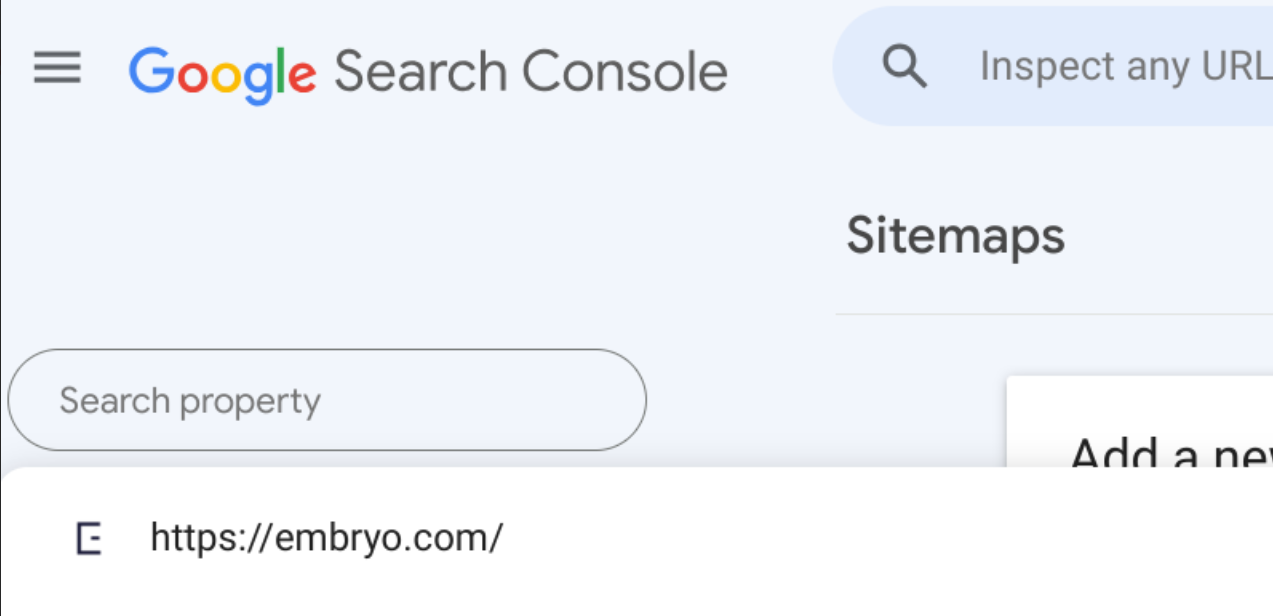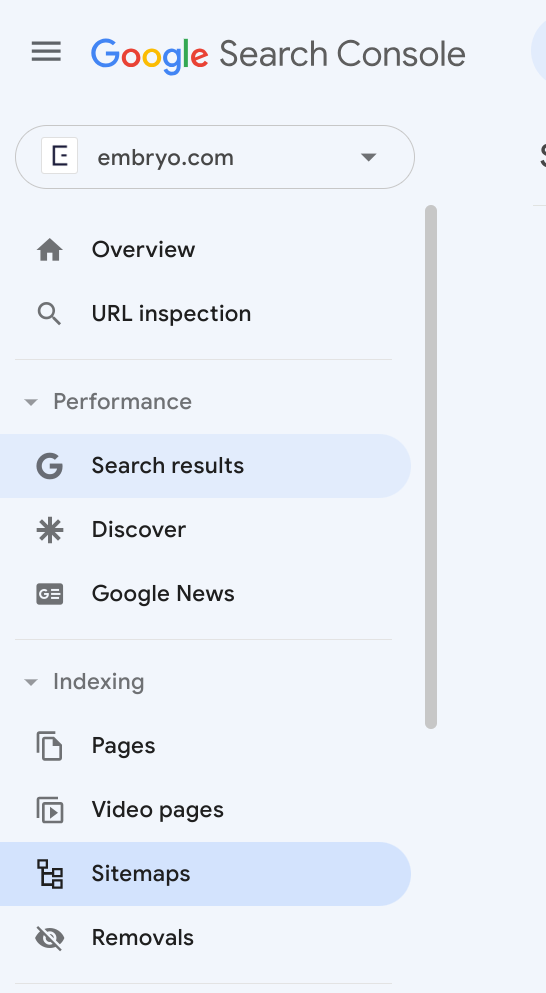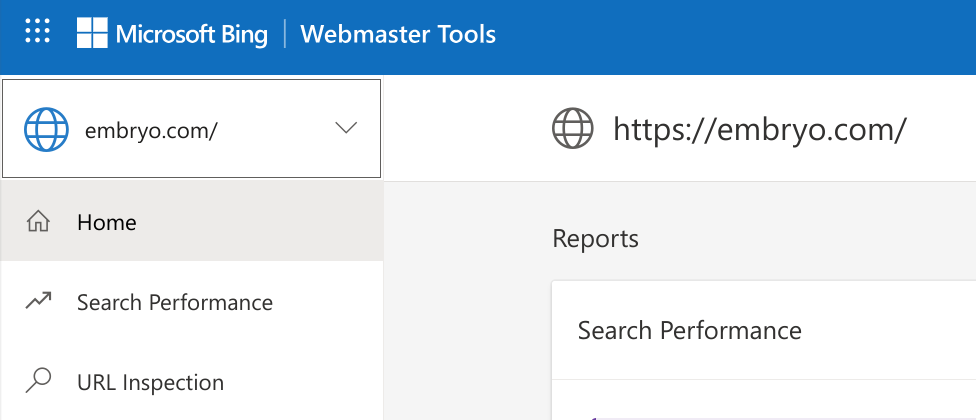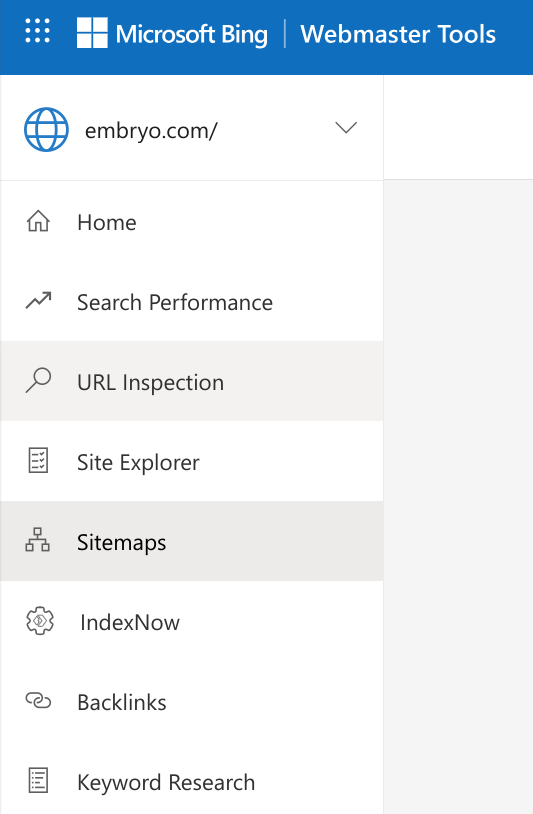Unsure whether your website really needs a sitemap? Or perhaps you’re already steps ahead – you’ve created one, but are unsure what to do next? Don’t worry – we’ve got you covered.
Sitemaps are incredibly easy to submit, and there are plenty of plug-ins and tools out there to help you make one. Good for the technical SEO aspect of your website, you can submit your sitemap in just 5 short steps.
But first, just in case you’re not yet familiar, let’s quickly cover the basics of a sitemap in the SEO world…
What is a sitemap?
A sitemap is a file that tells search engines what pages exist on your website. It’s essentially a blueprint and, with it, search engines like Google can better find, crawl, and index all of the awesome content that you’re adding to your site.
While, typically, sitemaps fall within the realm of search engine optimisation, many companies also use them to map out their website architecture.
How to submit a sitemap on Google (5 steps, it’s simple)
- Sign in to Google Search Console.
- If you have multiple domains, you will need to select the website you wish to submit your sitemap for. Click ‘Search Property’ in the sidebar, and select your chosen domain.

- Click ‘Sitemaps’ in the sidebar.

- Paste the URL of your sitemap into the required field.

- Hit submit.
Voila! You’ll get a message saying your sitemap has been submitted successfully.
How to submit a sitemap on Bing Webmaster Tools
- Sign in to Bing Webmaster Tools.
- If you have multiple domains, you will need to select the website you wish to submit your sitemap for. Click the drop-down menu in the sidebar, and select your chosen domain.

- Click ‘Sitemaps’ in the sidebar.

- Click ‘Submit sitemap’ in the upper right and paste your sitemap’s URL into the window that appears. Note: You can only submit your sitemaps in Bing’s accepted formats (listed below).

- Hit submit.
After that, you’re all set! Your sitemap will be crawlable by Bing.
With either of the above methods – both for Google or Bing – should the search engine have any issues with your sitemap submission, you can track the status of it and certain metrics of how the crawler has indexed your pages and when.
If it displays ‘Couldn’t fetch’ or ‘Has errors’, you will need to follow the report’s suggestions on how to fix the issues.
What is the recommended format for a sitemap?
When creating a sitemap, first you’ll need to decide whether you’re going to build it manually (you’ll need some coding know-how for this) or use a sitemap generator (a far simpler route).
No matter which route you take, you’ll have a variety of formats to choose from. The two main sitemap formats being:
- XML sitemaps: These list all the pages of your website and are primarily designed for search engines.
- HTML sitemaps: These serve as a table of contents of your website and are primarily designed for users.
If you do have experience in web development and choose to go DIY, check the sitemaps protocol for more detail on how to use the XML tags.
For a sitemap generator, check out Google’s Code project for a bunch of SEO tools. You can get a decent generator online for free, and to also list some paid tools should you want any extra features.
Our Technical SEO, Adam Chapman, explains further below:

“There are a number of formats that could be chosen but XML and HTML sitemaps are both optimal and serve slightly different purposes.
The XML sitemap is usually left for crawlbots only. This will help them understand page priority and it’s great starting point for them to find key pages on site.
The HTML sitemap offers a similar function but can also be navigated by users looking for a very specific page.”
Google Search Console
The recommended sitemap format is XML. It’s the most versatile and provides the crawler with the most information about your URLs.
Other sitemaps supported include:
- RSS
- mRSS
- Atom 1.0
- Text sitemap
Bing Webmaster Tools
Here are the recommended sitemap formats:
- XML sitemap
- RSS 2.0
- Atom 0.3 and 1.0
- Text sitemap
Does your website really need a sitemap?
Yes, absolutely.
For any website owner that cares about getting their content ranking and securing traffic will benefit from a sitemap. If you’re creating a website for purely personal reasons – to serve as a personal portfolio, for example – then you could skip it, but otherwise it’s best practice to create one.
So, why are sitemaps so important?
It’s a rather simple addition to a website, but a sitemap helps the search engine find and understand your site’s content and structure. It’s like handing Google the blueprints.
As you’d expect, the bigger your website, the larger your sitemap will be. For sites of a certain scale, you’ll likely start to need multiple sitemaps as your website grows. For simple page additions or tweaks to existing content, you won’t need to make a new one every time as Google will pick these up during the crawl.
Have a website that matches any of the below? Creating a sitemap is a must:
- If your website is large or brand new, search engines might not find it easily unless other external websites link to it. Also, for big websites, search engines might not notice the newest pages. So, having a sitemap is important to make sure search engines find all your pages quickly.
- If your website has lots of pages but not a good internal link structure, like an old blog section or forgotten content series, sitemaps can help search engines find and rank them.
- If your website has lots of news, videos, or images, sitemaps help search engines understand what’s news and what’s regular content.
Got a question about sitemaps that’s not covered here? Talk to our SEO experts
If you need help creating a sitemap or simply have queries about SEO best practices, we’d love to hear from you. At Embryo, our team is behind some incredible organic SEO strategies, getting clients’ websites in the best possible shape to dominate in rankings.
Got a question? Simply ask.
FAQs
Answered by Amy Leach
How often do I need to submit a sitemap?
We would always recommend that every site as a dynamic site up which will stay updated with only live page URLs. This means you do not have to keep submitting site Maps Google will continue to come back and read your sitemap and its dynamic updates.
How do daily content uploads affect the sitemap?
If new content is published daily these will be added to the sign-up on the new URL. If content is updated the existing page will remain within the sitemap.
Do all types of websites need a sitemap?
Your website should have a site essentially as a guide of all pages you wish crawlers to crawl as a starting point and we can also specify the priority of these pages and the last modified date.
Will I see a difference in website visits after I submit a sitemap?
Submitting a site map often alerts crawlers of changes on the website which intern if you have made large changes on our website you may be able to see differences in website physics although this generally is not a direct impact unless large changes have happened on site.

















